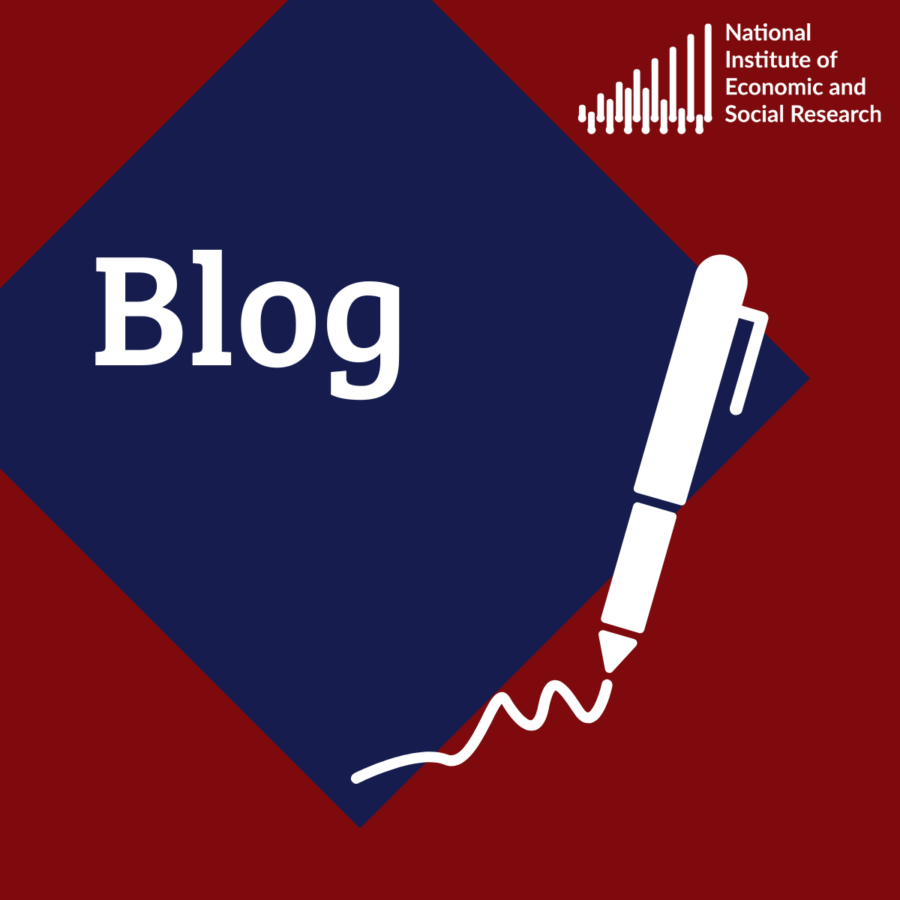An “Australian-style” points system or “work permits”? Wrong question
Amber Rudd, the Home Secretary, said almost nothing on the Andrew Marr show today. Given that there is currently almost a complete policy vacuum in government, this was entirely sensible. However, her comments – following Theresa May’s last week – are being reported as a further endorsement of a “work permit” system for economic migration versus the “points-based” one proposed by Vote Leave during the referendum campaign.

Amber Rudd, the Home Secretary, said almost nothing on the Andrew Marr show today. Given that there is currently almost a complete policy vacuum in government, this was entirely sensible. However, her comments – following Theresa May’s last week – are being reported as a further endorsement of a “work permit” system for economic migration versus the “points-based” one proposed by Vote Leave during the referendum campaign.
This debate is almost entirely vacuous. Assuming that free movement in its current form does not continue, we will have neither a completely open nor a completely closed system for migrants coming here to work, for either nationals of the European Economic Area or those from outside it. In other words, for all non-UK citizens, there will be (as there is now for non-EEA nationals) a system where the UK government sets out some criteria for work-related migration from the EEA, as it does at present for non-EEA migration. These criteria could be skills, earnings, having a job offer, occupation, or some combination of these; they could include numerical limits, either overall or from certain countries.
Will it be a “points system” or “work permits”? Well, such a system could be described as an “Australian-style” system, since this is what Australia (like many other countries) does; it could also be described as a work permit system, since those who qualify receive permission to work here. It’s true that for a minority of immigrants the Australian system involves a points score against the criteria, but this is a second-order detail; it’s the criteria and the thresholds that matter. It is also true that Australia allows some people to enter without a job offer, but the UK has done this before, and still does in a minority of cases (“Tier 1” visas). Indeed, it is often forgotten that the then Labour government tried to rebrand the UK work permit system as an “Australian-style” points system in 2008; it made little difference in practice or to public perception.
In other words, all remotely plausible systems will have a set of criteria, with those who meet them receiving some form of “work permit”; that’s how immigration systems work. So this debate tells us essentially nothing about what the overall system will look like post-Brexit. Instead, it is helpful to consider the options along two dimensions:
- “European preference.” The new system could give a considerable degree of preference to EEA citizens, even if not full free movement, compared to those outside the EEA. The occupational or earnings criteria could be looser for EEA than non-EEA citizens; there could simply be an overall quota for EEA migrants working here, with no restrictions on occupations or earnings; or there could be specific sector-based schemes open only to EEA citizens. Alternatively, we could move to full equalisation, where EEA and non-EEA citizens had to meet the same criteria. This is a key choice, which cannot ultimately be ducked, and will set the tone for the whole Brexit negotiation;
- will the new system be relatively liberal – accepting perhaps an increase in skilled migration from outside the EEA at the same time as reducing EU migration; or will it be restrictive, with the overarching objective still being to hit the government’s target to reduce net migration to the tens of thousands, despite the inevitable negative economic consequences? The likely fall in EU migration, even before Brexit, may ease the pressure on the government here in the short term; but again, ultimately, this choice cannot be ducked. A restrictive policy towards migration will have significant negative economic and fiscal consequences and will make us poorer. The government will have to decide if this is a price worth paying.

















